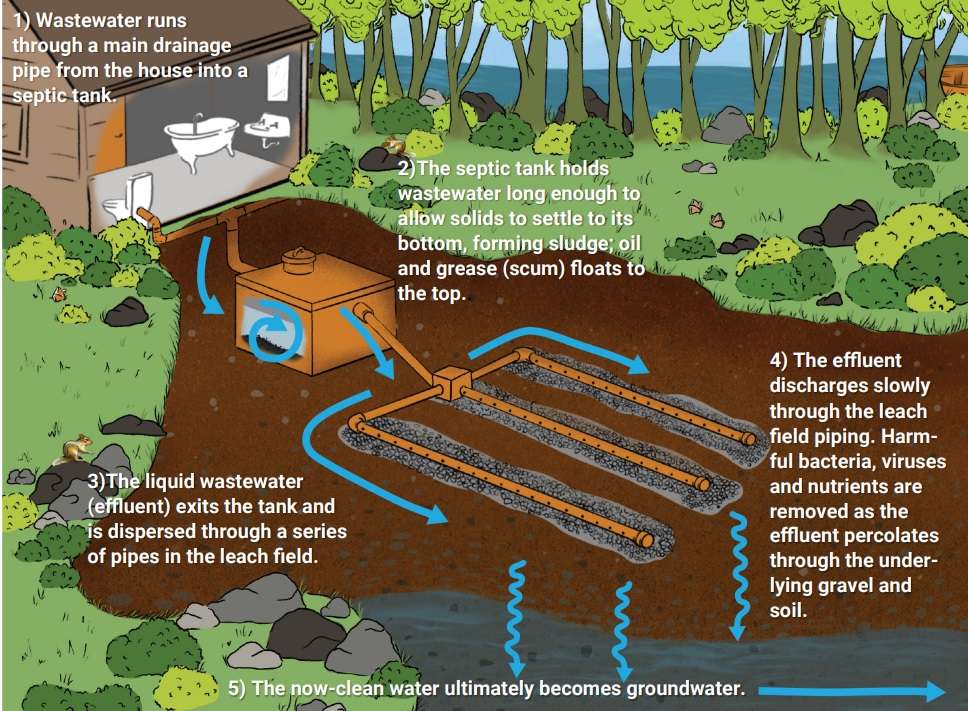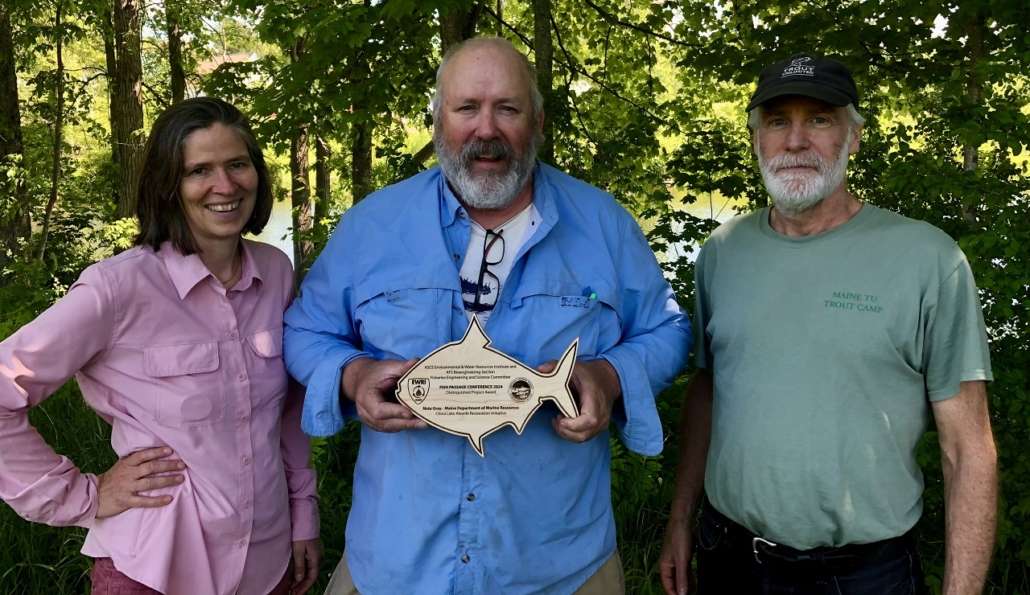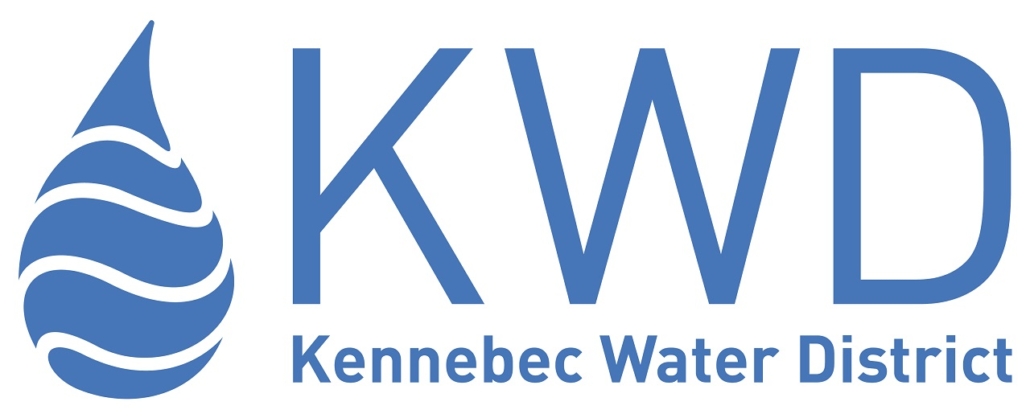LAKE LIFE TODAY: part 9
 by Elaine Philbrook
by Elaine Philbrook
Lake Life Today is a series of articles that are hoped will inspire you to see how, by taking just a few steps, you can make a difference and help preserve the quality of water in our lakes for future generations.
These articles have been collected and organized by LakeSmart Director Elaine Philbrook, a member of China Region Lake Alliance (aka “the Alliance”) serving China Lake, Webber Pond, Three Mile Pond, and Three-Cornered Pond. The Alliance would like to thank our partners at Maine Lakes and Lakes Environmental Association (LEA) for information to support this article.
Septic System
Get your septic tank pumped!
It’s that time of year when we start thinking of the change of seasons. Along with the change of seasons it’s also time to think about how your septic system is functioning, and specifically about maintaining your septic tank. It’s always a good idea to know where your septic tank and field are located, and to look for signs of any malfunctions. Foul odors, lush and tall green grass, and certainly outbreaks of black effluent (i.e., liquid waste or sewage) are some signs of a failed septic field.
Untreated effluent that escapes from a failing septic field is a potential source of additional and unwanted phosphorus into the lake. Also, other chemicals and other toxins that may be part of the untreated effluent may also contaminate nearby drinking water wells. That same untreated effluent may break out of the septic field and run over the ground and into the lake, or flow directly into groundwater which then carries unwanted nutrients, bacteria, and viruses along with it. This is not good for you, your family, your pets, your neighbors, and especially your lake.
Your treatment (septic) tank is an essential component of your septic system. There are baffles at the inlet and outlet of the tank, but it’s the outlet baffle that prevents “suspended solids” from exiting beyond that point. If the outlet baffle fails, this could be a major source of compromising your septic field’s capacity to distribute and treat effluent as the septic field clogs with suspended solids. Pumping your septic tank removes sludge and scum before it builds up and potentially flushes into your septic field due to a failed outlet baffle. While pumping your septic tank it’s extremely important to have your septic pumper check the septic tank’s baffles, particularly the outlet baffle.
The major factors affecting the frequency of pumping are the number of people using the septic system. This amounts to the total wastewater volume entering the septic field based upon your septic tank size.
It’s a good idea to check with your service provider at the time of pumping to see if they think you are on a schedule that fits your tank’s capacity and volume.
As a rule of thumb, you should pump your septic system’s tank every two to three years for year-round residents and every three to four years for seasonal residents.
Many owners of seasonal properties pump their septic tank far less often in the mistaken belief that their camp’s limited seasonal use justifies an extended pumping schedule. In fact, most seasonal properties have at least several weeks of intensive use due to large family occupancies or large numbers of visiting guests. This intensive use can put a huge demand on the septic system’s capacity. Regular pumping on a conservative schedule is the best way to assure your septic field isn’t compromised, which could result in shortening your septic system’s useful life. The prorated cost of regularly pumping your septic tank and checking your baffles is a minor cost compared to the substantial expense of having to completely replace your septic field.
For more tips on caring for your septic system see:
https://cdn.branchcms.com/DrynVOJolO-1457/ docs/ Lake%20 Library/ Septic-two-pager-11×17-FINAL-5.14.21.pdf.
If you have any questions about what you can do to ensure the integrity of your valued lake or if you would like a free LakeSmart evaluation you can reach Elaine Philbrook by email at chinalakesmart@gmail.com and follow-up to read the next Townline Newspaper.
Live lightly on the land for the sake of the lake (LakeSmart).
Read the complete series here.
Responsible journalism is hard work!
It is also expensive!
If you enjoy reading The Town Line and the good news we bring you each week, would you consider a donation to help us continue the work we’re doing?
The Town Line is a 501(c)(3) nonprofit private foundation, and all donations are tax deductible under the Internal Revenue Service code.
To help, please visit our online donation page or mail a check payable to The Town Line, PO Box 89, South China, ME 04358. Your contribution is appreciated!





Leave a Reply
Want to join the discussion?Feel free to contribute!